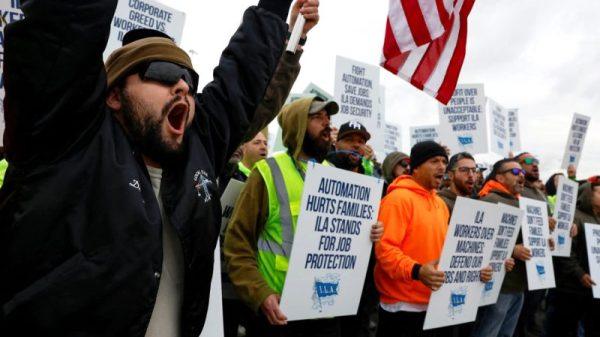WASHINGTON (Reuters) – Brazil’s central bank chief Roberto Campos Neto said on Friday that markets are increasingly factoring in the “highly” inflationary impacts of the U.S. election on long-term interest rate futures.
Speaking at an event hosted by Itau on the sidelines of the IMF and World Bank annual meetings, Campos Neto said worries about the U.S. inflation outlook were heightened by growing market bets that Republican Donald Trump would beat Democrat Kamala Harris.
He said both U.S. campaigns include fiscal expansion elements. Proposals for protectionism and shifts in immigration policy also could have inflationary implications, he added.
Regarding Brazilian inflation, he said the latest figure was marginally worse, but called the government’s announcement on Friday of lower energy tariffs in November good news that led many economists to revise estimates.
Consumer prices reached 4.47% in the 12 months to mid-October, compared to a 3% official target with 1.5 percentage points tolerance margin either side.
He reiterated that the country needs positive and structural fiscal developments to reverse the recent increase in risk premiums, highlighting the prospect of such announcements following municipal elections at the end of this month.
According to Campos Neto, much of the risk premium in the yield curve is currently tied to fiscal concerns, but Brazil’s public accounts situation is not worse than that of many other countries, with long-term interest rates showing prices inconsistent with fundamentals.
Campos Neto said the central bank remained determined to pursue its inflation target.
The bank’s upcoming policy meeting is scheduled for Nov. 5-6. Economists expect an accelerated rate hike of 50 basis points, following a 25 basis-point increase in September that raised the interest rate to 10.75%.



































